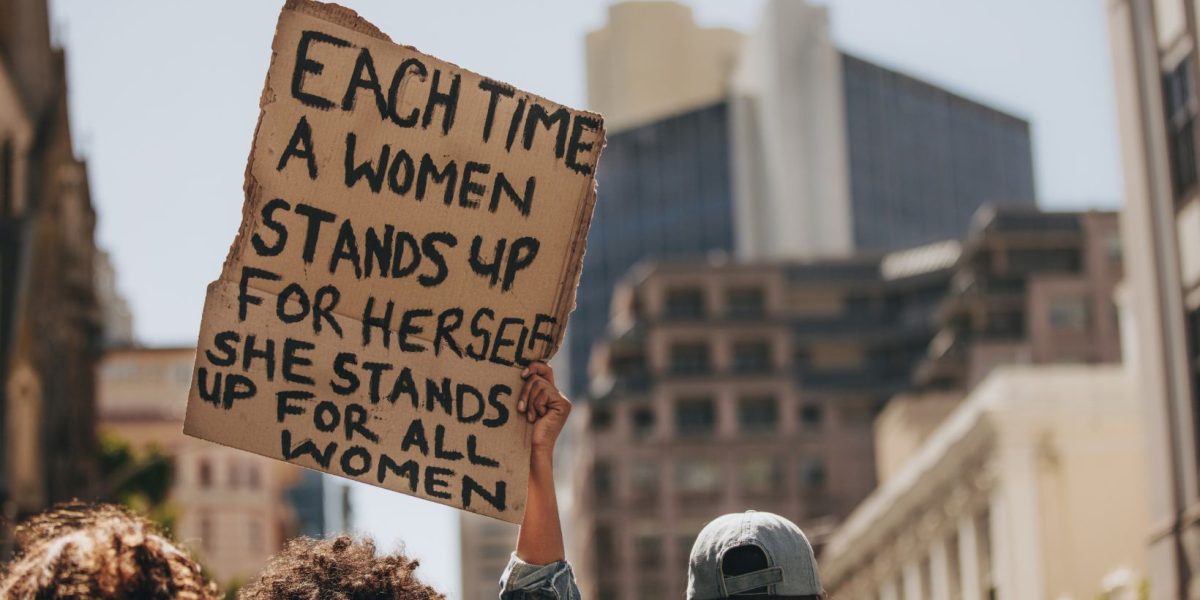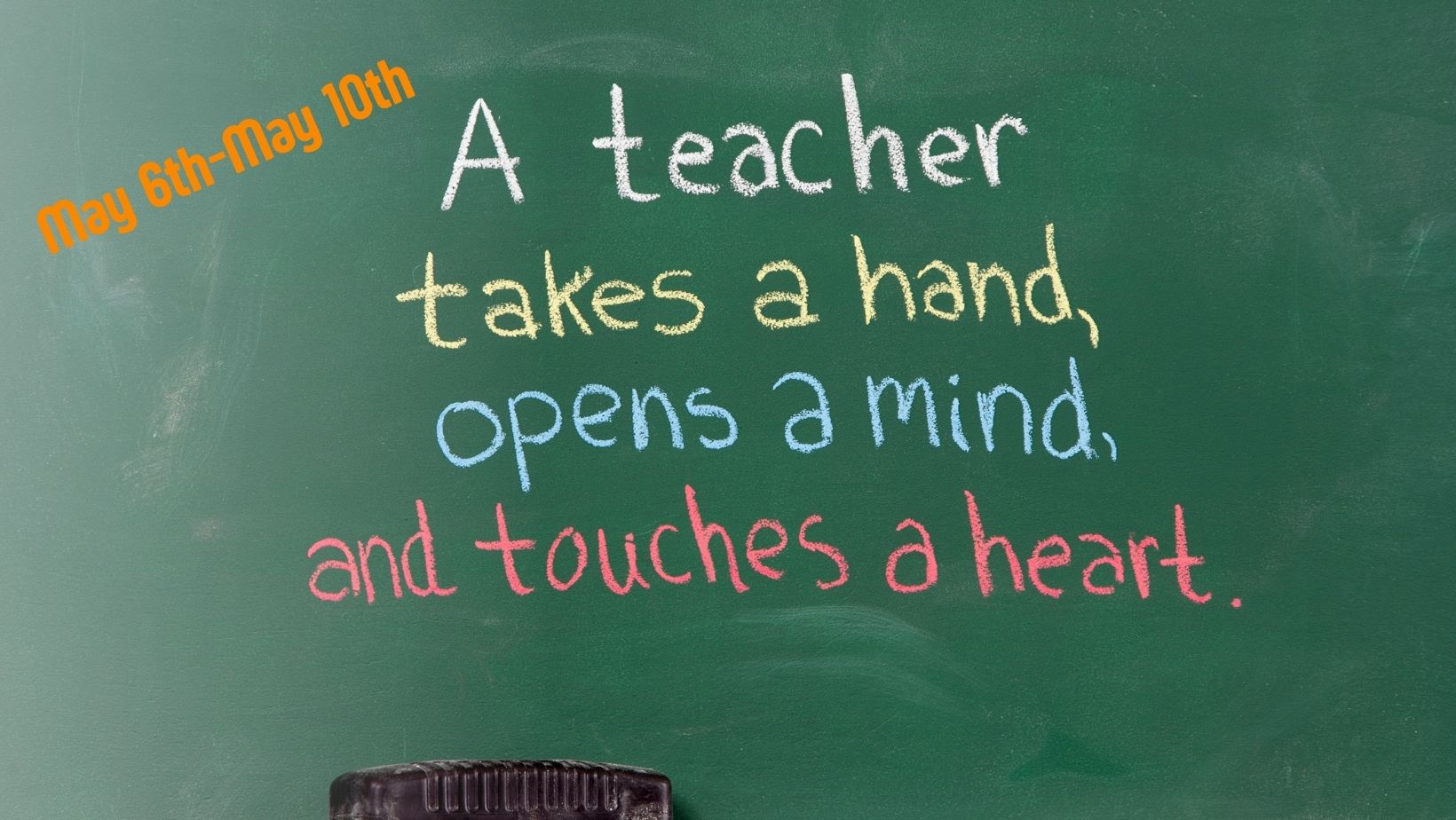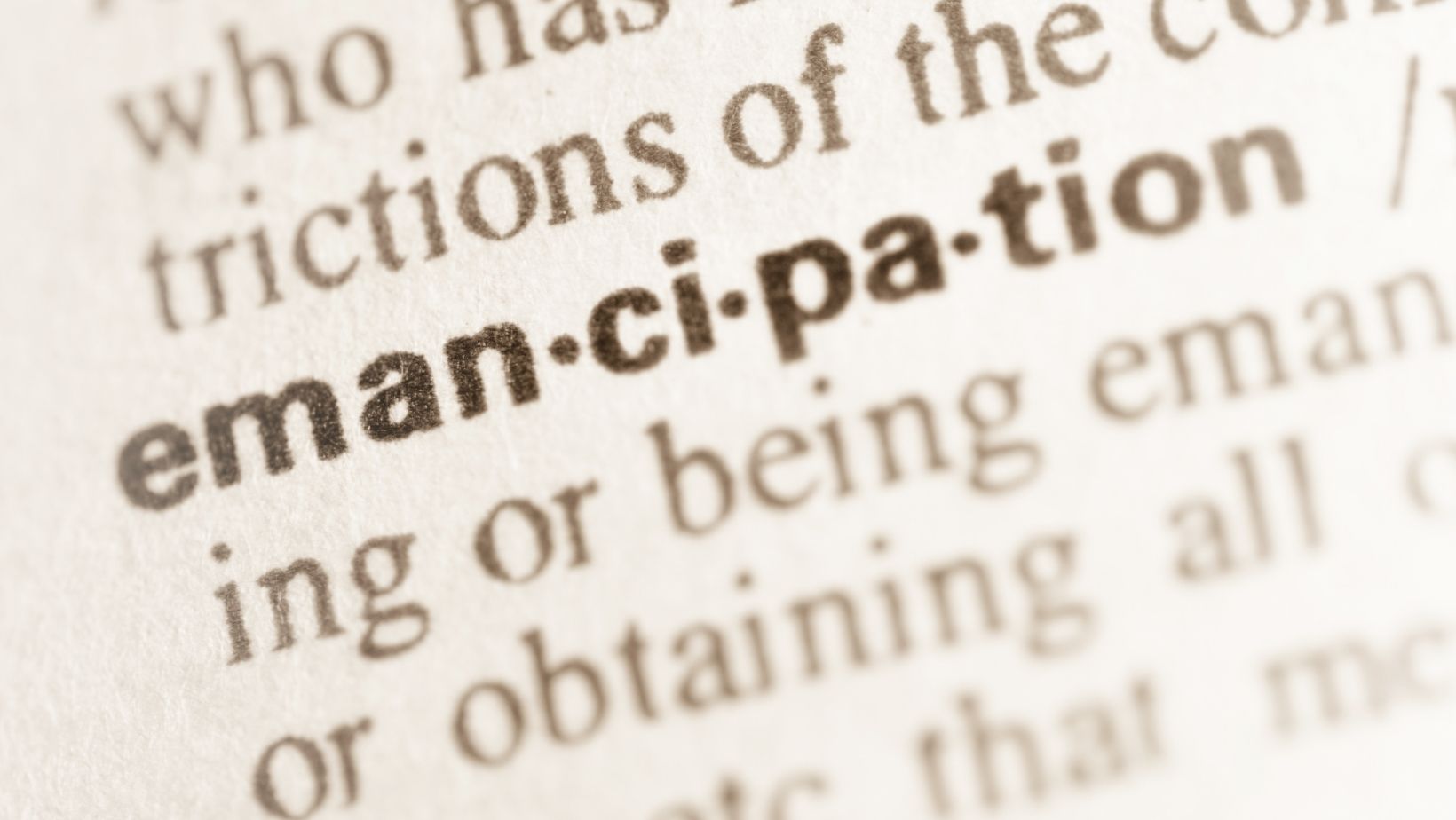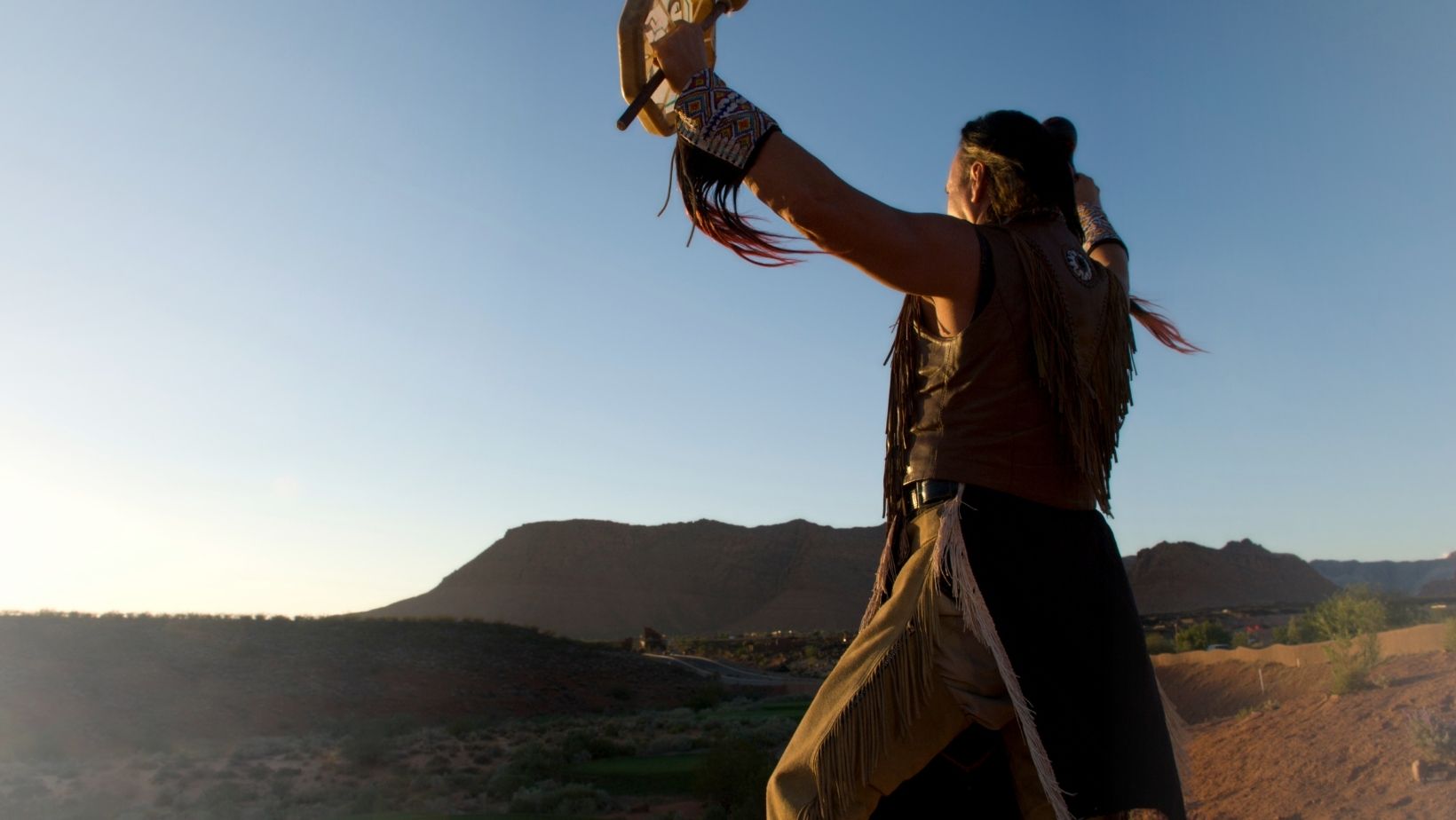A Catalyst for Change and Empowerment
In the wake of numerous sexual harassment allegations surfacing against powerful individuals in various industries, the #MeToo movement emerged as a powerful force for change. This movement, born on social media, quickly spread worldwide, shedding light on the pervasive issue of sexual harassment and assault that had long been ignored or silenced. In this blog, we will explore the #MeToo movement, its impact on society, and the ongoing struggle for gender equality and empowerment.
The Birth of #MeToo
The #MeToo movement was first ignited in 2006 by activist Tarana Burke, but it gained widespread recognition and momentum in 2017 when actress Alyssa Milano encouraged survivors of sexual harassment or assault to share their stories on social media using the hashtag #MeToo. What followed was a flood of stories, often accompanied by heart-wrenching accounts of trauma, fear, and silence. The sheer magnitude of the response revealed the staggering scope of the problem.
Breaking the Silence
One of the most significant achievements of the #MeToo movement has been its success in breaking the silence surrounding sexual harassment and assault. For years, many victims suffered in silence, fearing repercussions or disbelief. The movement provided a platform for survivors to share their experiences, creating a sense of solidarity and validation that had been missing for far too long. By sharing their stories, survivors reclaimed their voices and began to heal.
Accountability and Consequences
The #MeToo movement brought about a seismic shift in the way society views sexual harassment and assault. High-profile individuals who had once seemed untouchable suddenly faced accountability for their actions. Men in positions of power, from Hollywood to politics, were exposed and held responsible for their misconduct. This newfound accountability sent a clear message: no one is above the law, and no one should be allowed to exploit their power for sexual gain.
Challenging Patriarchy
At its core, the #MeToo movement challenges the deeply ingrained patriarchy that has perpetuated a culture of silence and complicity. It calls for a dismantling of systems that protect harassers and penalize survivors. The movement has prompted discussions about power dynamics, consent, and the importance of consent education. By challenging the patriarchal norms that have historically oppressed women, #MeToo advocates are striving for a more equitable society.
Legal Reforms
The #MeToo movement has also sparked legal changes. In various countries, lawmakers have responded to the movement by implementing reforms aimed at protecting survivors and holding perpetrators accountable. Laws regarding sexual harassment have been updated and strengthened, and more resources are available for survivors seeking justice. These legal changes are crucial steps toward building a society where sexual harassment is not tolerated.
Challenges and Criticisms
Despite its many achievements, the #MeToo movement has faced criticism. Some argue that it promotes a culture of “cancel culture” and guilt by association, potentially harming innocent individuals. Others contend that it lacks due process and can lead to character assassination without sufficient evidence. These concerns highlight the importance of balancing accountability with fairness in the pursuit of justice.
Conclusion
The #MeToo movement has undeniably transformed the landscape of gender relations and power dynamics in our society. It has empowered survivors to share their stories, held powerful individuals accountable, challenged patriarchal norms, and prompted legal reforms. However, the movement is far from over. The struggle for gender equality and the eradication of sexual harassment continues, and the #MeToo movement serves as a powerful reminder that we must remain vigilant in our efforts to create a safer and more equitable world for all. As we move forward, it is crucial to strike a balance between accountability and fairness, ensuring that justice is served while protecting the rights of all individuals involved. Only then can we hope to truly achieve the goals of the #MeToo movement and create a society where everyone can live free from the fear of harassment and assault.






